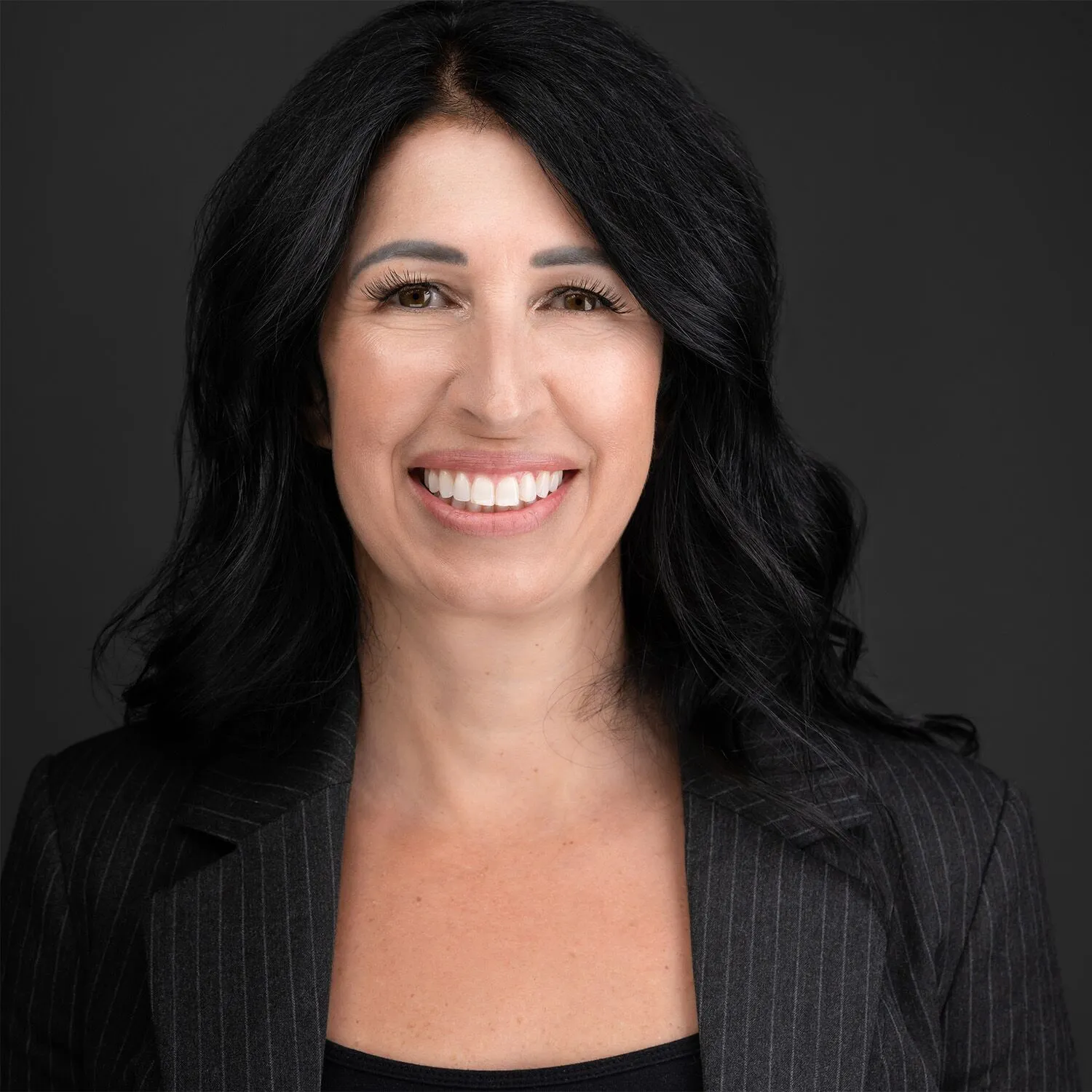Want the roadmap to everything I wish I'd known when starting my fractional business? After seven years of building, scaling, and learning from thousands of other fractional executives, I'm giving you the playbook that separates the six-figure winners from those who struggle to gain traction.
This isn't theory – it's battle-tested strategies that work, plus the expensive mistakes you can skip entirely. Whether you're just starting out or you've been at this for years, there's something here that'll move the needle for you.
What I Did Right (And You Should Copy)
Let me start with the moves that actually worked, because these are the foundation everything else builds on.
I talked to everyone who would talk to me. In the early days, I took every single call. Those conversations either resulted in new clients, genuine client interest, or referrals that led to clients down the line. The key was staying curious about what was happening in their business.
I'd ask tons of questions in my area of expertise: "How are you thinking about your operations? What's your pricing strategy? How do you handle marketplace dynamics?" Eventually, they'd realize I clearly knew my stuff, but I demonstrated expertise through questions, not pitches.
Make every conversation about them, not about you and what you want. What matters is what's happening in their business and whether you can help them solve real problems.
I asked for big money right from the start. I didn't work for free. I didn't discount because I was "new." I charged $250/hour or $20k monthly retainers from day one. I have no idea where that courage came from, but I never undersold myself.
Here's the thing: I always felt like both sides were winning. Even when clients paid me $20k monthly, I knew I was generating millions in value for them. That's how it needs to work – otherwise, why would they hire you?
I never took rejection personally. When someone said it wasn't a good time or I was too expensive, my response was "no worries" and I moved on. I had this mentality of finding companies where it was genuinely a great fit, and those companies would happily pay good money while I enjoyed working with them.
Rejection isn't about you. It's about fit, timing, budget, or problem urgency. Don't make it personal.
The Expensive Lessons (So You Don't Have To Learn Them)
Now for the mistakes that cost me time, money, or both – consider these your shortcuts to success.
Lesson #1: Never bill hourly again. I billed my first client hourly at $250. Keeping timesheets was annoying, and the client hesitated to ask for more help because I was "expensive." It made no sense because the value I delivered had nothing to do with hours worked.
From then on, it was retainers or project-based pricing with clear deliverables. "This is how I work – $12k monthly for this scope, you get this output, we renew month-to-month. If scope changes, we adjust accordingly."
Lesson #2: Do massive outreach early and often. I relied heavily on referrals, which worked, but I should have done way more outreach. Knowing what I know now, I'd send 20-30 personalized notes daily – over 100 weekly.
Even with a low hit rate, 20 personalized notes takes about an hour and generates responses, phone calls, and opportunities. The only needle-moving activity early on is outreach – getting on the phone and talking to potential customers.
Don't get caught in the catch-22 of "I can't do outreach because I don't know my offer." Outreach IS how you figure out your offer. Be curious about what you learn, not attached to immediate outcomes.
Lesson #3: Skip the business theater entirely. I never had a website for my consulting business. Not for over two years. Tons of success, zero clients asked for one. No logo, no business plan, no positioning documents.
What mattered was my experience and the value I brought. That's it.
I did incorporate an LLC taxed as an S-corp (huge self-employment tax savings) and got an accountant, but that came months after my first client. Just keep business and personal expenses separate so you can write off business costs later.
Lesson #4: Don't obsess over your niche initially. Early on, you're using your network and doing outreach to learn about the market. You don't need a perfect niche to say, "Hey, I'd like to learn more about your business. Where might I be able to help?"
But eventually, you'll need proper marketing – LinkedIn content, new connections, engagement with your network. For that, you need to know who your ideal customer is, what their pain points are, and what your unique value proposition is.
Build this over your first 12-18 months through client work and market feedback. It's a living, breathing thing you'll constantly refine.
The Retention and Growth Accelerators
Keep existing clients at all costs. Retaining clients is infinitely cheaper than finding new ones. Do an amazing job on what you were hired for, then get involved in other parts of the business.
Ask questions, meet other teams, understand what's happening across the organization. When you add value in multiple areas, they literally can't get rid of you. I had clients who kept me on retainer just for strategic input because I understood their entire business.
Build systems before you're drowning. I never built proper systems for pipeline tracking, project management, or automation. Huge mistake. Now I have a VA who's changed my life, plus systems that handle the busy work.
Simple automations can transform your business: when someone books a call, it goes into your CRM. Call transcripts automatically generate follow-up emails. Invoicing, scheduling, notes management – automate whatever takes time away from high-value work.
Use Zapier – it's incredibly powerful and not expensive. Write down all the manual stuff you do weekly and start automating it piece by piece.
The Foundation That Makes Everything Work
Your business needs two core activities running constantly: amazing client service and consistent outreach. Everything else is window dressing.
In the beginning, it's all about outreach and learning. As you grow, it becomes outreach plus exceptional delivery that generates referrals and retention.
The story you're building is simple: "I'm [Your Name]. This is what I've done. This is who I help. This is the pain point I solve. My unique value is this, and I've proven it before, so you can trust me."
Build that story through real client work, not theoretical positioning exercises.
Your Next Steps
Stop overthinking and start doing. If you're just starting, your only job is having conversations with potential clients. If you're already established, your job is delivering incredible value while building systems that free up time for business development.
The path to six figures isn't complicated – it's just disciplined execution of these fundamentals. Skip the mistakes, copy what works, and remember that confidence in your process matters more than big wins on any given day.
You've got everything you need to build something remarkable. Now go execute.
Mylance
This value-added article was written by Mylance. Mylance takes your marketing completely off your hands. We build the marketing machine that your Fractional Business needs, but you don't have time to run. So it operates daily, growing your brand, completely done for you.Instead of dangling numbers in front of you, our approach focuses on precise and thoughtful input: targeted outreach to the right decision makers, compelling messaging that resonates, and content creation that establishes trust and legitimacy.To apply for access, submit an application and we'll evaluate your fit for the service. If you’re not ready for lead generation, we also have a free, vetted community for top fractional talent that includes workshops, a rates database, networking, and a lot of free resources to support your fractional business.

Written by:
From Uber to Fractional COO to Mylance founder, I've run my own $25k / mo consulting business, and now put my business development strategy into a service that takes it all off your plate, and powers your business





